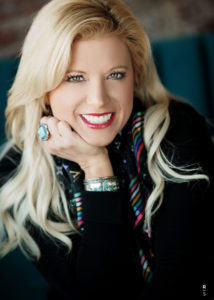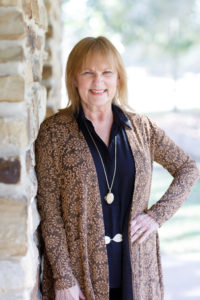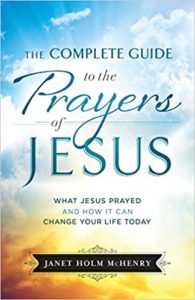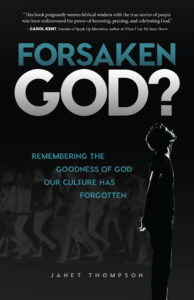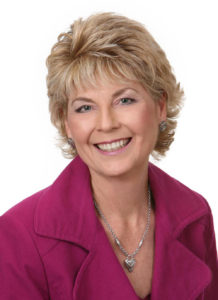 Christmas seems to have fully arrived. You see it everywhere you go. Festive displays glisten on the main streets of town. Lights sparkle throughout the neighborhood. The words Merry Christmas and Happy Holiday greet you continually.
Christmas seems to have fully arrived. You see it everywhere you go. Festive displays glisten on the main streets of town. Lights sparkle throughout the neighborhood. The words Merry Christmas and Happy Holiday greet you continually.
But for many of you the “merry” has disappeared from Christmas this year. Things are different, and a “Merry Christmas” greeting has a hollow ring. Your heart is heavy with the idea of how you will even “get through” Christmas. This isn’t the Christmas you wanted. This isn’t the way it’s supposed to be. The sparkle and laughter are gone as memories of Christmases past assault your heart, and anxiety nibbles at future hopes and dreams.
When gloom hangs over our lives, however, we may discover within ourselves a more natural yearning to peer into the reality of the Christmas we celebrate. As we put aside the glamour, it becomes easier to travel back to how it all began—before the sparkle, before the happy music, before the hustle and bustle of Christmas shopping.
There was hustle and bustle on that day, but not of people shopping; it was the descending of large numbers of people upon a small town, all trying to find the basic comforts of a place to stay and something to eat. We see a young woman, nine months pregnant riding a donkey. Can you imagine riding 80 miles on a donkey when you are nine months pregnant? And when she was ready to deliver her baby, who was the Son of the eternal God, she couldn’t even find a decent place to stay. Imagine having to deliver your baby in a smelly stable!
And that is how God came to us – not in a convenient, clean, easy way, but through tough and challenging circumstances. No warm, fine bed for Mary, the mother of God, no fragrant rooms, no support of family and friends who were far away and may have even questioned her virtue and the conception of this baby. No, God came to us in the midst of doubt, confusion, political unrest, and physical hardship. When God sent his Son to be born on this earth, he didn’t clear an easy path for him. He didn’t have a room waiting in Bethlehem. It was hard.
And, oftentimes, that is the way God still comes to us. In the distractions of active lives, we are often too busy to notice God’s presence. We may have thought we had everything figured out ourselves – that we’d surely find a room in Bethlehem. We never expected to have to stay in a smelly stable. We still can’t figure out why things have turned out the way they have.
But, cradled on a bed of hay, in the middle of the odors and pain, we see a tiny baby, the gift of God’s love. It was the first time God was visible to mankind. And in the midst of the difficulties of your life, God has come to show you Himself. It is sometimes only when these other things are stripped away that our eyes are fully opened and we see beyond the glitter into the glory where finally we see Christmas. Perhaps for the first time, the invisible God becomes visible in our eyes, and we see Jesus himself.
God has come to love you with a love you will not find anywhere else—not in a husband or wife, not a parent or a child or a friend. God’s love will not fail you. It is unconditional and everlasting. He will not always show you a clear, easy path to your destination. But He will be with you and guide you, and at just the right time, He may prompt the wife of an innkeeper to say, “I have a place for you. I have an answer. There’s a stable out back…”
His ways are not our ways. His thoughts are higher than ours. He has a plan that is beyond anything we can see. When we take hold of God, we move beyond the barriers of our finite understanding into the reaches of God’s eternal purposes. Eternity is within our grasp. We become a part of His story.
Two thousand years ago, Mary and Joseph didn’t hear the refrains of Silent Night as they gathered clean straw to make a bed for Mary to bear a child; they didn’t see the picturesque setting of a child being born in a manger as they settled down among the animals. It was hard.
But God came to them in the middle of these difficult circumstances, not just for them, but for us. Jesus was born into our world and into our lives. And this is the Christmas we celebrate…a Christmas born in hardship, but wrapped in holiness and love, extending through all the ages of the earth into the glories and wonders of eternity.
If the “merry” has disappeared from your Christmas, may God’s blessings shine through the midst of your circumstances and give you a deep joy and peace that rises high above and beyond your understanding.
* * *
And if the merry has disappeared from your Christmas because of a marriage in crisis, you can find hope and healing in my books Broken Heart on Hold and Fighting for Your Marriage while Separated.


